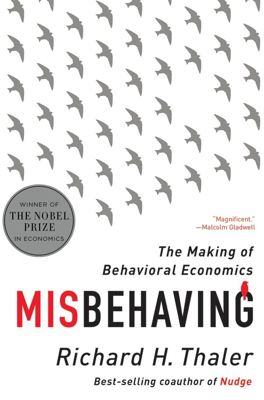Misbehaving in the Real World
The practical utilization of behavioral economics in real-world business scenarios is exemplified through two detailed cases involving pricing strategies and consumer behavior. These illustrations demonstrate the application of mental accounting and the importance of perceived value in influencing consumer decisions.
Greek Peak Resort Case:
- Situation Analysis: Greek Peak, a local ski resort, faced financial distress due to a combination of lower snowfall and economic downturn, leading to the necessity of revising their pricing and customer engagement strategies.
- Behavioral Economics Application: The resort implemented a gradual price increase of lift tickets, avoiding customer backlash from sudden price hikes. Efforts were also made to enhance the perceived value of skiing there, such as making previously paid amenities (like the slalom racecourse) free, which improved overall customer satisfaction with minimal cost impact.
- Targeted Offers: To address the price-sensitive local market, especially university students and nearby residents, innovative multi-pack ticket offers like "six-packs" and "ten-packs" were introduced. These offers capitalized on the "sunk cost" effect and encouraged more frequent visits as the consumers aimed to maximize the value of their prior expenditure.
- Outcome: These strategies significantly increased early revenue, which helped alleviate the need for borrowing during the off-season and mitigated risks related to weather variability. The ten-pack, particularly, was very successful with only 60% of tickets typically redeemed, effectively balancing revenue with customer goodwill as many continued to repurchase these packages.
General Motors (GM) Consultation:
- Seasonal Sales Challenges: GM confronted cyclical sales issues with older car models being unsold before the release of new models. Traditional discounts and promotions were losing their effectiveness.
- Innovative Financing Strategy: GM introduced a significantly discounted auto loan rate, which saw immediate and substantial uplift in sales despite the economic value of the offer being less than a direct cash rebate.
- Behavioral Insight: Consumers perceived the low-interest rate as a better deal due to mental accounting, emphasizing the comparative reduction from the normal interest rate rather than the actual cost benefit which was not immediately apparent.
- Corporate Resistance to Evaluation: Despite the success, there was a notable lack of interest at GM in understanding or analyzing the reasons behind the success of the loan promotion, demonstrating a wider corporate reluctance to engage in analytical retrospective evaluations.
These cases underline the real-world relevance and impact of behavioral economics beyond academic theory. By leveraging principles such as perceived value, transaction utility, and consumer biases toward pricing and value, both organizations managed to improve financial outcomes and customer satisfaction significantly.
